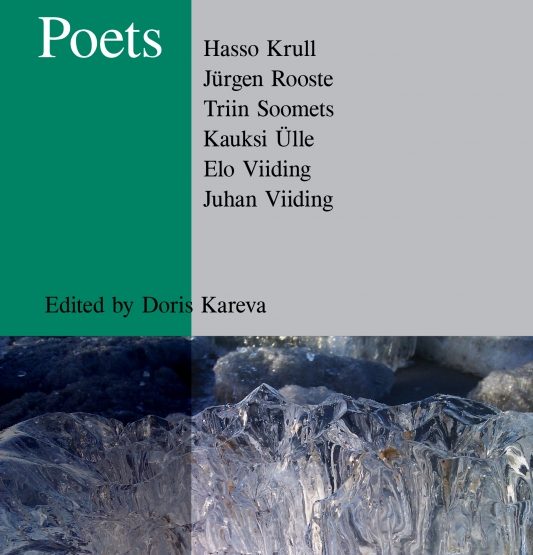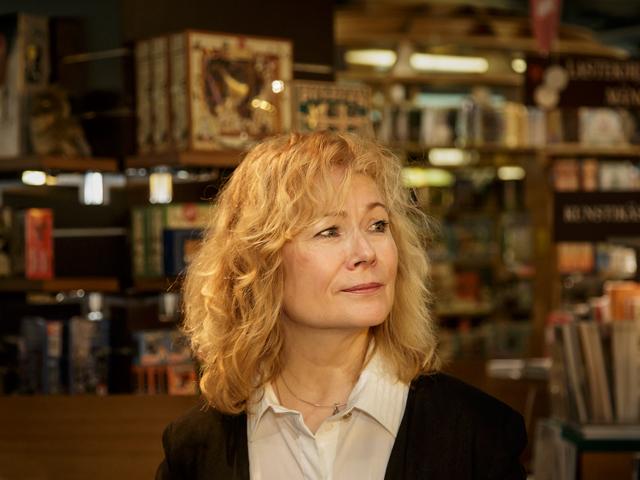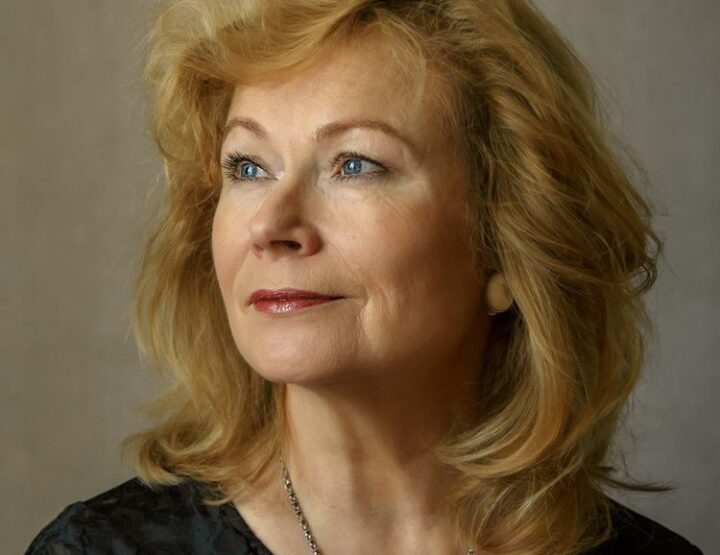As a child of four or five, I used to long for paints and paper, so that I could draw to my heart’s content. My father gave me a piece of the most ordinary kind of brown cardboard, a glass of water and a fine paintbrush, and said: this is all we need. To prove his words, he took the wet brush and sketched a landscape on the cardboard. By the time he reached the bottom corner, the top of the picture already started to fade. For me, this magical boundless landscape has remained the symbol of human existence. Our means are limited, our possibilities limitless.
At the Tallinn Academy of Music where my father used to work, his official title was the Master of Harmony. This never ceased to amaze me, since being a choleric person, a chain smoker and an alcoholic, his whole life was in opposition to the sectio aurea, the balance point of the pendulum which he as an admirer of Greek culture so ardently championed. Only later have I understood – perhaps the essence of harmony is embodied in striving, not in surviving – in never-ending movement, in setting a new balance every moment – or perhaps survival becomes possible only through striving – like riding the waves on a surfboard.
Isn’t what we call beauty in fact essentially grace? Grace – so different in a tiger or gazelle – is born through precisely perceiving one’s own self and the surrounding world, through correctly evaluating one’s chances and using them to the full. Grace can only increase by way of precision, unlike strength, which can increase endlessly. Grace is strength with intelligence, the skill of managing with very little, the capacity to recognise the necessary, and the courage to give up the excessive. Grace is born from trust – and there are many possibilities there too. A child trusts naturally, because he has not experienced disappointment. A pilot trusts, on the other hand, because of experience, being in control. A lover trusts – believes, hopes and loves – despite everything, risking all. Love blinds fear, as fear can blind love – these two exclude each other. The trust of a lover – opening up in all one’s vulnerability – is the greatest expression of humanity; this is what constitutes the supreme grace – the perception of one’s place in the world, one’s fragility and fortuity – and readiness to act despite that, the ultimate devotion and creativity.
One of my books, selected verse, is called Days of Grace (Armuaeg). This is a legal term marking the time between the pronouncement of capital punishment and its implementation. The whole of human life may be interpreted as days of grace – being aware of one’s mortality, but not the moment of death. Born out of love, we are at the same time born for love; the time, the length of which we do not know, but can measure the depth of, gives us a chance to realise love, do good – at least strive towards what we consider most important and valuable at any given moment.
Towards the end of his life when my father lost both his legs and the capacity to move his right hand, he rebuilt his piano with his remaining left hand. At nights, tortured by phantom pains that did not let him sleep, he created perhaps the best opuses of his life. And in the daytime, he took endless pictures of the views opening from the balcony of the apartment block where he lived. For my father, each tiniest change – a pram hoisted to the balcony of the house opposite, a passing bird, shower of rain – was worth recording. It occurred to me only years later how these numerous, tedious packets of photographs in their own way rhymed with the piece of cardboard from my childhood. When there is no more space, time expands.
At my father’s deathbed, I held his hand, feeling his soul leave his body. His last words, uttered with half closed eyes, were: ‘Up…up…’ And then, still guessing, I understood: when there is no more time, space expands.
© ELM no 9, autumn 1999
A lesson of harmony
By Doris Kareva
–
Share:




